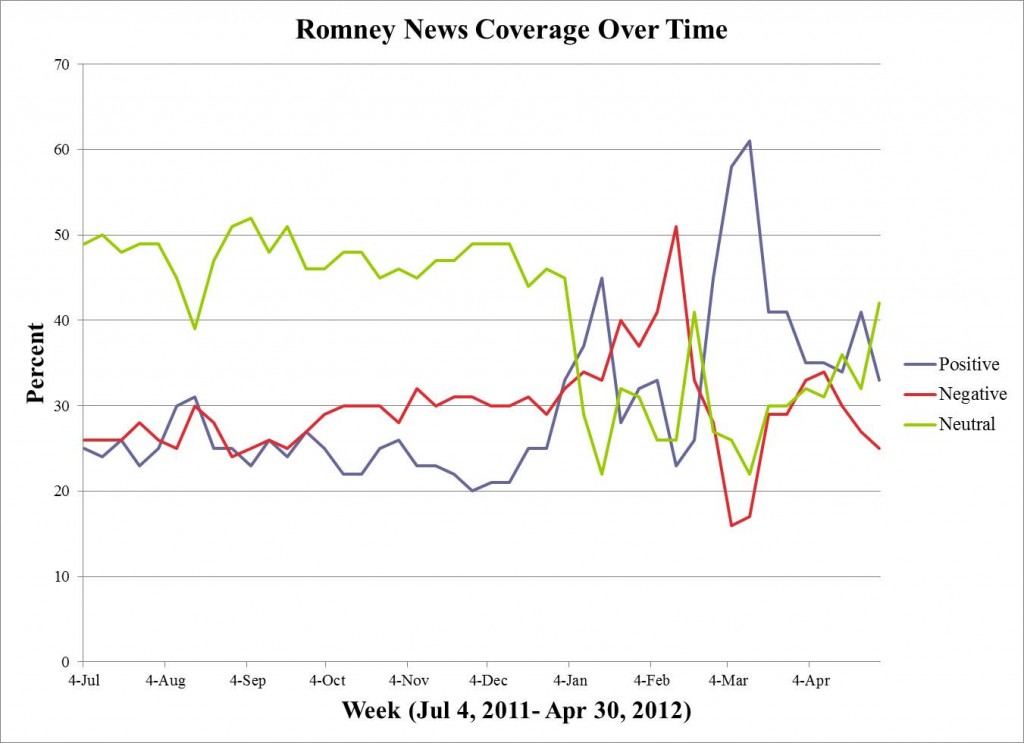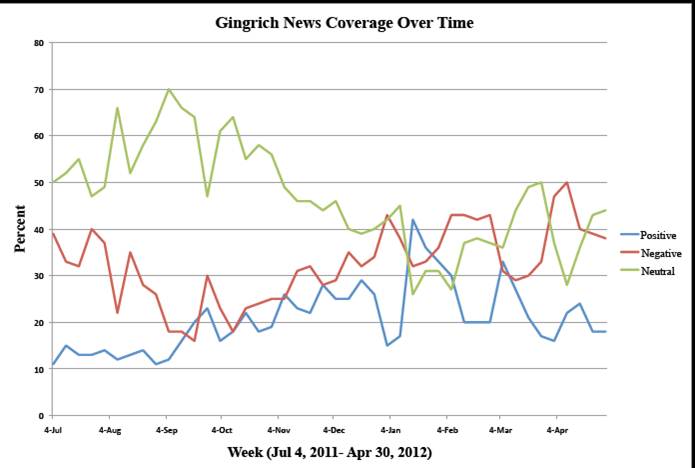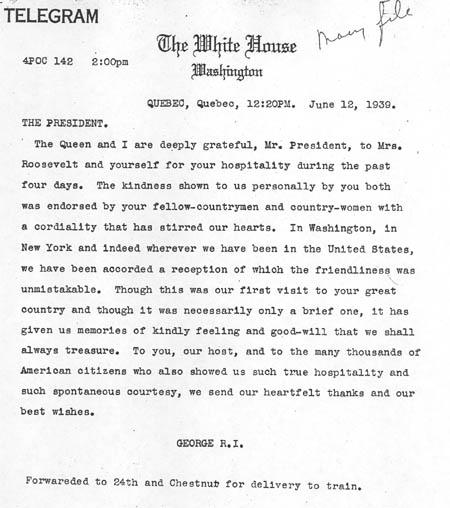Like most of you, I’ll be watching the big event tonight to see whether the forces of Good can pull off an upset and triumph over the Evil One and his Dastardly Minions. That’s right – I’ll be watching the Celtics-Heat game which has developed into one of the most unexpected and enjoyable series I’ve seen in a long time.
Of course, there is that other contest going on, so periodically – if the Celtics game allows – I’ll try to post as the returns in the Scott Walker Wisconsin recall vote come in tonight. If polls are accurate, this may be a somewhat long night, particularly since even if Walker finishes ahead, Democrats are likely to contest the count. Polls close at 9 p.m. eastern time (8 p.m. in Wisconsin.) Fortunately, there will be exit polls tonight, so we will have something to talk about while waiting for the final results.
Until then, however, you will undoubtedly be inundated with media chatter from pundits who, in the absence of hard news, have to say or write something. Here are some things to keep in mind to help keep some perspective on things as you wade through the blather.
1. There’s been a great deal of speculation that turnout will be massive, breaking all sorts of records. While I’m confident it will break the 49.7% who voted in the 2010 gubernatorial election in which Walker beat his current opponent, Milwaukee Mayor Tom Barrett, by 5%, I would be surprised if it was more than a typical presidential election year turnout. In 2008, about 69.2% of eligible Wisconsin voters cast ballots. But recall elections are unusual enough that I don’t feel particularly confident in projecting a vote. Nonetheless, I am skeptical that turnout will hit the 119% of eligible voters that was projected earlier today for Madison. (With same-day registration, I suppose it is possible, but… .)
2. What are the implications of all this? In my view, they are not nearly as big as most of the pundits will have you believe. I think the results will say almost nothing about the 2012 presidential election nationwide. That will be about two candidates, and the economy, not union rights, will be the determining factors. Nor, for that matter, will it be a very good indicator of the presidential race in Wisconsin. Walker has outspent Barrett by some 7-1 – that’s not going to happen to Obama come November. This will not stop breathless reporters from claiming that this is a referendum on something, of course. But I just don’t see it. I suppose it may say something about how elected officials in other states will deal with collective bargaining issues in the months ahead. But this is really a local recall election that centers on Walker’s handling of collective bargaining rights, and not much more than that.
Of course, the local implications are significant, but even here they can be overstated. Keep in mind that it’s not just Walker’s future that is at stake; Lt. Gov. Rebecca Kleefisch, along with four Republican state senators, is also facing a recall today. Although Republicans control the Wisconsin State Assembly, the Senate is currently evenly divided between the two parties. But even if Democrats win some of these Senate seats, half of the Senate and all the Assembly seats are up for grab again in the regular November elections, and under district lines recently draw by the Republican-controlled legislature. So a Democratic Senate majority could be short-lived.
3. Exit polls. Already pundits are trying to parse the exit polls that have been released. Pay no attention! Given the uncertain turnout projections, the early leaked numbers are undoubtedly going to be tweaked as turnout estimates are revised.
Just to make it interesting, my sense is that Walker will win this, but I say this without really having any feel for the Wisconsin political landscape. But for those keeping track at home, I’ll say Walker takes this.
I’ll be on periodically through the night as returns filter in. As always, feel free to drop me a line in the comments section .
And now: Go Celtics!
More in a bit…..
8:46 well, the Heat have come out energized and Bosh is active for the game. I think this is going to be more exciting than the Wisconsin results.
8:50 Celtics are weathering the initial onslaught. Which raises the question: why didn’t Obama campaign in Wisconsin for Barrett? My guess is that, having been burned when he intervened in the Ted Kennedy replacement race only to see Scott Brown pull an upset, Obama doesn’t want to end up on the losing side again. It’s not like he was going to polarize an already incredibly polarized race.
We’ll be watching the returns on CNN. It will be worth it to see Wolf hyperventilate.
Meanwhile – and I caution that these are preliminary exit polls – it looks like the ideological makeup of the Wisconsin electorate today is very similar to what we saw in 2010 there, when conservative turnout was up.
Miami’s energy level is way up this game, and Bosh is in. But the Celtics haven’t folded yet.
Interesting that a strong majority of voters made up their mind before May. Is this going to be a reprise of 2010, with Walker eking out a victory?
And here’s Wolf! Breaking News!
It’s too close to call! I’m shocked, shocked I tell you. Wolf tells us that at 50/50, “it doesn’t get much closer than this.” You think?
Both teams are really sloppy tonight. Bosh looks loose, however. Damn.
Note that exit polls do not include absentee ballots which made up some 12% of the total vote tonight, if I’m not mistaken. In other words, exit polls aren’t going to tell us much more than we already know, which is that this is close.
What – Piers is on CNN and they are talking about the Queen’s jubilee! By the way, apropos of my earlier post, Pete Cahill tells me there’s move coming out in which Bill Murray plays FDR during King George’s 1939 visit. I’ve seen the trailer – it looks great! They even have the hotdog story right….
Meanwhile, the die is cast: whoever loses tonight will call for a recount, so this means tonight is not going to determine anything. Which gives us all another excuse to watch the Celtics.
This is where my ignorance of the Wisconsin local landscape is going to handicap my analysis – it’s going to be a lost of guessestimating projections as returns roll in.
Ah, Huffington Post to the rescue. Go to: http://elections.huffingtonpost.com/2012/wisconsin-recall-results#graph to see a comparison of 2010 results with the vote coming in now. Early returns show Walker doing better in those counties he won in 2010.
Let’s keep in mind that exit polls have a margin of error – a 50/50 result could mean Walker is actually up 4% – or down.
Meanwhile, the Celtics are just climbing back in through sheer effort. Garnett is The Man.
So, let’s while away the time by comparing 2010 and 2012 exit polls, keeping in mind margin of errors. First independents are up from 27% in 2010 to 31% of the electorate today, while Democrats remains essentially flat and Republicans drop 3% from 36% to 33%. Conservatives are down 3% from 37% to 34%, while moderates are up slightly from 42% to 44%. Really not much change in terms of the ideological makeup from 2010.
All this makes me think the exit polls are underestimating Walker’s support just a bit. Remember, this guy beat Barrett head to head less than two years ago. And 88% of voters made up their mind before May – how much volatility is there, really?
More 2010-2012 comparisons: those earning more than $100,0o0 up from 16% to 20% of electorate. Low income earners, meanwhile (under 50,000) drop from 42% to 39%. A good sign for Walker?
Celtics finish strong at the half! 42-40!
Ok, they adjusted the exit polls. Remember I warned you about this- with turnout projections difficult to make, my sense was the early exit polls were less reliable than we might think. They now have Walter winning by 4% – almost precisely mimicking his 2010 victory. Is it deja vu all over again? Remember, if he wins by a big enough margin, there’s no recall.
And now NBC is projecting a Walker victory! (thanks Jeff for the news….) And now Fox News is piling on….looks like Obama made the right choice…
Ok, let’s wait for the overreaction to set in, particularly if Walker pulls away. Although as Jeff notes, we are still waiting on Madison, where turnout was projected at 119%! Stuff that ballot box!
Meanwhile, the Celtic-heat contest is proving far more competitive. By rights the Celtics should be dead.
First overreaction courtesy of Howard Fineman who tweets “bad news for Dems, unions and Obama”. Here we go….
Look, this is what this election was about: unemployment in Wisconsin has dropped since Walker took office, support for labor unions is generally dropping, and Walker was on the right side, politically speaking, of the collective bargaining issue. That’s what this election was about – nothing more. This says almost nothing about what is going to happen in 2012.
Meanwhile, the Celtics are doing a good job of keeping the crowd out of the game.
Look, a lot of people are pissing on the exit polls, but as I warned earlier tonight, they have to be adjusted as turnout figures are firmed up. There’s nothing wrong with the exit polls – the fault is with those who rely on them without noting that they will be adjusted to compensate for changing turnout figures. keep in mind that turnout in recall elections is very hard to predict.
Miami is on a mini-run – up 7.
The White House is tweeting Wisconsin exit poll numbers showing Obama beating Romney by 12%, but that margin will need to be adjusted as well. I wouldn’t be using exit poll results to claim victory when your guy is getting trounced.
Same for Romney – his campaign is tweeting that Walker results will reverberate beyond Wisconsin. sigh.
Celtics continue to hang tight. Steimsma doing a good job but Garnett back in and …… He brings it home! The crowd is stunned…Tie game! Celtics ball! They’ve never led….Dooling for three….YES! Celtics on a 15-1 run…..who would have thunk it?
Larry Sabato is the latest to jump on the exit polls. Let me repeat: exit polls have to be adjusted as turnout figures are recalculated. The error here is not with the exit polls, which always have a margin of error – it’s with the pundits who don’t understand how they are developed.
Pierce hits for three!!! Celtics by 6.
Horrible foul just called on Garnett. Huge flop by Wade, and the refs buy it.
The Washington Post’s The Fix purports to explain Walker’s victory. Not surprisingly, they get it wrong. Walker’s victory had little to do with the money advantage, Barrett’s primary fight, or resentment against Milwaukee. The reality is that since Walker took office unemployment is down (albeit slightly), support for public sector unions is declining nationwide, and most voters saw this a reprise of the 2010 election. The fundamentals favored Walker, as I noted at the start of this blog.
Pietrus!
How did Allen miss that three?
With 70% of the vote in, this isn’t even close – Walker is up by 15%. I’m guessing this will close a bit, but it is still going to be a drubbing.
Celtics are hanging tough. You have to love this team. Down one with three to go….and Garnett hits!
This is probably not the time to remind readers that I called this one for Walker. In truth, I didn’t think he’d win by this much (assuming his margin doesn’t collapse in the next two hours).
Jeff Van Gundy suggests Pietrus should be fined “a million dollars” for flopping. This is simply a great game.
PIERCE!!!!!!!
Ok, this is clearly off Miami. But will the zebras make the right call? Yes, they do!
And now they miss the offensive foul on Wade – a clear home-court ruling.
15 seconds left. Miami has to foul. Here’s where it’s important to get the ball into Pierce’s hands….
They foul Allen. Normally, I’d be confident….. but the Ankle. Can he hit his free throws? YES!
This one should be over….. . I see the Fat Lady clearing her throat but….Garnett is clearly fouled. He hits the first. And hits the second…. this should do it…’
An it does! The Celtics Win! Break out the single malt! The Celtics Win!
Celtics have not lost a game 5 in the Big Three Era. That’s the fundamentals.
Meanwhile, with 88% of the vote in, Walker is still up 9%. This is going to be a comfortable victory. Meanwhile, if Miami loses game 6 – what will happen to James-Wade-Bosh?
I’ll be on tomorrow with the postmortem. But the bottom line tonight is that Walker won because of local factors – not national ones. Don’t over interpret the results in terms of national implications – the outcome here had little to do with money or national factors. Remember, 88% 0f voters had made up their minds before May – this suggests the onslaught of late advertising didn’t have much of an impact. My read is that this turned on local fundamentals: the incremental improvement in employment and the opposition to public sector unions. In many ways this was a reprise of the 2010 gubernatorial election. With 90% of the vote in, it looks like Walker has reprised his 2010 election victory. This suggests that the fundamentals drove this outcome.
For now, it’s time to relish the Celtic’s victory. I’ll be on tomorrow with an update based on the final results.
Go Celtics!




